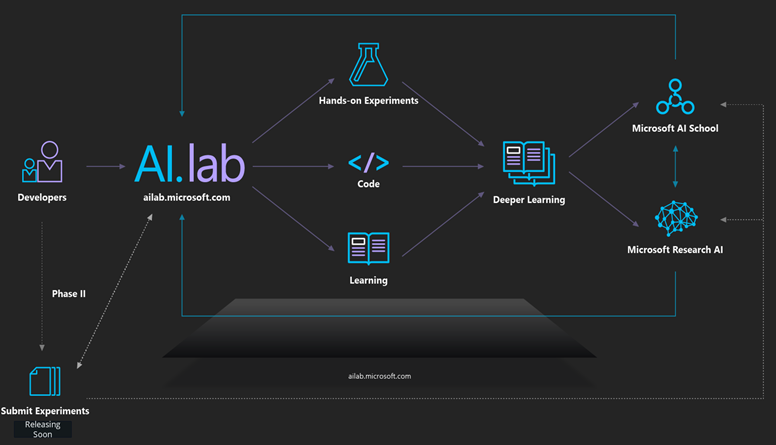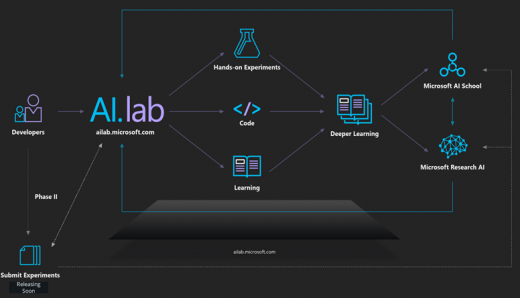Microsoft To Make Its AI Search Code Available To Developers
Microsoft To Make Its AI Search Code Available To Developers
Microsoft has made one of the most advanced AI tools available to anyone as an open-source project on GitHub. It also this week released examples of techniques used, and a video for those tools on Microsoft’s AI lab.

The algorithm, Space Partition Tree And Graph (SPTAG), allows users to take advantage of the intelligence from deep-learning models to search through billions of pieces of information, called vectors, in milliseconds, according to Charlie Waldburger, a business and technology writer for Microsoft.
Microsoft began using vectors for better search, which searches by the concept rather than the keywords, as a way to solve numerous challenges emerging from the evolution of search. Vectors rely on a deep-learning algorithm that Microsoft calls an approximate nearest neighbor.
Using keyword matching — especially as voice search emerges — to query words would not find the movie title “Rocky IV,” for example, because most people would search verbally on the number “4″ by saying “Rocky four” rather than searching on the Roman numeral.
But there are other challenges with words that have more than one meaning. For example, the keyword “bank” might refer to a financial bank or a riverbank. The query must have context for the search to become successful.
Citing Rangan Majumder, group program manager on Microsoft’s Bing search and AI team, Waldburger puts the change into perspective. He writes that a stack of 150 billion business cards might stretch from Earth to the Moon. Instantly, Bing’s search using SPTAG can find 10 different business cards one after another within that stack of cards.
“If we give it to the community, other people can use it and build their own search around vectors search,” Majumder explains in a video. “If we give it to the community, maybe they will contribute back.”
Majumder hopes researchers and academics will use the code to explore other areas of search.
(22)


